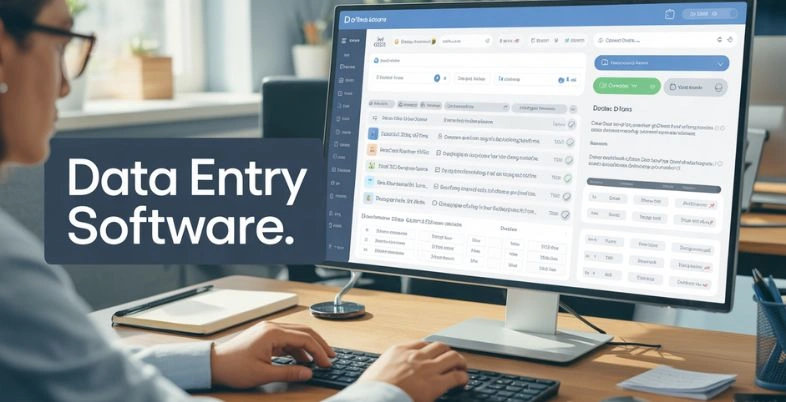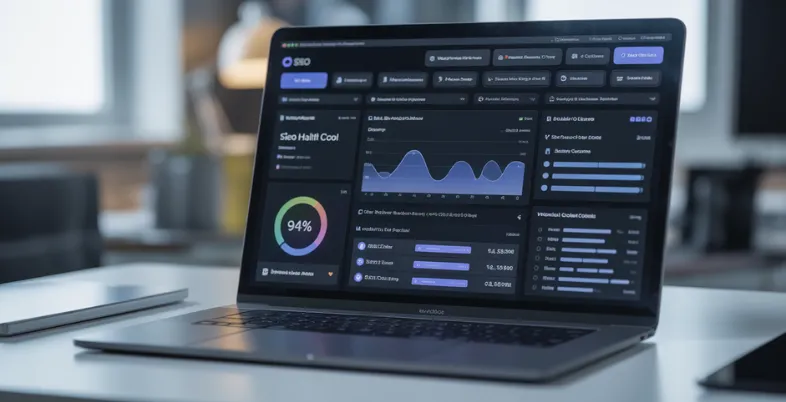Little Caesars is not only a household name, it’s a tested giant in the American quick-service restaurant (QSR) category. As of 2024, the chain has more than 4,100 U.S. places and generates $4.7 billion in system-wide sales, making it the third-biggest pizza business in the country, after Pizza Hut and Domino’s.
Little Caesars was founded in 1959 on the principles of simplicity: a limited menu, speedy service, and unbeatable prices. Its “Hot-N-Ready” format minimizes wait time and employment complexity, enabling franchisees to deliver huge volumes profitably. Americans spend almost $46 billion on pizza every year, so demand is solid, and Little Caesars keeps landing a large chunk of it.
For business owners, the attraction extends beyond name recognition. With the Little Caesars franchise cost typically below $400,000, support systems in place, and a business model that can be expanded, Little Caesars presents one of the lowest-cost, most accessible pizza franchise opportunities in America.
This guide will take you through the very same steps, investment costs, profit expectation, and valuable information on how to start a Little Caesars franchise—so you can decide confidently and intelligently.
Why Choose Little Caesars?

Little Caesars has enjoyed consistent growth for decades, and it’s easy to see why. This is how it keeps attracting franchise investors:
- Low entry point relative to other national QSR brands
- High brand awareness and national advertising backing
- Streamlined operations with streamlined menu and centralized supply chain
- tested success with more than 60 years of experience
- Veteran and minority incentives to enhance diverse ownership
Its high-volume, low-cost business model attracts those who desire scalability, stability, and a return on investment within a short period.
Initial Investment and Financial Requirements
The minimum investment to start a Little Caesars franchise in 2025 is between $378,700 and $1,695,500, depending on location, buildout, and site type. This covers all from leasing and equipment to training and pre-opening marketing.
Important financial requirements:
- Franchise Fee: $20,000 (or $15,000 with First Responder/Veteran discount)
- Minimum Net Worth: $350,000
- Liquid Capital Requirement: $150,000
Estimated investment breakdown:
| Category | Estimated Cost Range |
| Franchise Fee | $20,000 |
| Leasehold Improvements | $50,000 – $750,000 |
| Equipment & Fixtures | $150,000 – $200,000 |
| Opening Inventory | $10,000 – $13,000 |
| Signage | $10,000 – $20,000 |
| Working Capital (3 months) | $50,000 – $100,000 |
| Grand Opening Advertising | $12,000 – $20,000 |
| Total Estimated Investment | $378,700 – $1,695,500 |
Startup costs may vary depending on whether your store is freestanding, in a strip mall, or a nontraditional location (such as a campus or convenience store).
Also Read: Domino’s Franchise Cost
Franchise Fees and Ongoing Royalties
As with most of the franchises, Little Caesars imposes both initial and recurring fees that fund branding, operations, and advertising.
- Initial Franchise Fee: $20,000
- Royalty Fee: 6% gross sales
- Advertising Fee: 7% gross sales
- 4% is for national marketing
- 3% is allocated to local or regional campaigns
These are the normal charges in the QSR segment and fund wide-scale brand awareness so that franchisees reap from national TV, radio, digital, and app-based promotions.
How Much Can You Make?
Little Caesars does not give direct earnings estimates within its FDD, but estimates may be made based on franchisee reports and industry standards.
Average Annual Store Revenue:
- $900,000 – $1.1 million
Average Net Profit Margin (after expenses):
- 10% – 15%
Which equates to a well-operated store potentially making:
- $90,000 – $165,000 annually in profit
Considerations in determining profit are location, lease expense, labor productivity, waste in food, and local competition. Most franchisees break even in 2–3 years and make a profit shortly thereafter.
Multi-unit operators can exponentially expand profit by duplicating systems within locations and reducing per-unit overhead.
Franchise Application Process
A methodical process is followed when opening a Little Caesars franchise to guarantee preparedness and brand alignment. Here’s how the process works:
1. Submit Application
Fill out the franchise interest form at Little Caesars Franchise. You will give background information on your business, finances, and personal life.
2. Initial Review
Little Caesars’ development team will evaluate your application and schedule a call or meeting to assess your fit.
3. Receive Franchise Disclosure Document (FDD)
You’ll receive the FDD, which includes all legal, financial, and operational expectations. Review this carefully with a franchise attorney.
4. Discovery Day
If approved, you’ll be invited to Discovery Day at the company’s Detroit headquarters. This includes:
- Store visits
- Executive Q&A sessions
- Detailed training and support overview
5. Sign Agreement
Once aligned, you’ll sign your franchise agreement, pay the initial fee, and start planning your launch.
6. Site Selection and Buildout
Collaborate with the company’s real estate department to select your store site, negotiate lease terms, and start building.
7. Training and Opening
Participate in Little Caesars’ official training course and open your store with grand opening assistance.
Training and Support
Little Caesars has one of the most extensive training programs in the business, which provides franchisees with everything they need to operate their stores successfully.
Training Program Includes:
- 4–6 weeks of hands-on classroom training
- Operations, food preparation, safety, staffing, and POS systems
- On-site training in an operating store
- HR and hiring information
- Real estate and buildout support
- Access to the Blue Line distribution system for secure inventory supply
Franchisees are also supported by committed support reps who help with franchise business reviews, compliance, local marketing plans, and operations performance.
Ideal Store Locations
In 2025, Little Caesars is focusing growth in mid-sized cities and suburban areas with heavy family demographics. These markets have high demand and reduced real estate expenses.
Top Priority Markets Are:
- Texas (Dallas–Fort Worth, Houston suburbs)
- Florida (Tampa, Orlando, Jacksonville)
- North Carolina (Charlotte, Raleigh)
- Midwestern cities with minimal pizza chain saturation
Store formats can vary from:
- Freestanding drive-thru stores
- Strip malls and end-cap stores
- Non-traditional locations in campuses, gas stations, or stadiums
Financing Options
Though Little Caesars does not provide direct financing, it is SBA-approved, and this makes government-backed loan access easier.
Common Financing Paths:
- SBA 7(a) loan (max. $5 million)
- Commercial bank loans
- Equipment finance
- Franchise-specialty lenders such as FranFund, Guidant Financial
To enhance your prospects:
- Stay above a credit score of 680
- Possess clean business and financial plans
- Demonstrate operating acumen or experience
Final Thoughts
Little Caesars franchise ownership in the U.S. in 2025 presents one of the lowest-cost, most scalable, and best-supported opportunities within the pizza industry. The Little Caesars franchise cost is among the most affordable in the market, making it accessible for many aspiring franchisees. Its high-efficiency, low-cost model enables franchisees to enter a $46 billion market with the support of a worldwide brand, well-documented operations, and a customer base that craves speed and value.
Whether you’re a one-person investor, a family business, or a seasoned franchisee, Little Caesars provides you with the resources you need to succeed, from real estate support and supply chain services to on-the-job training and ongoing mentoring.
Whether you’re serious about starting in the pizza industry and desire a franchise with momentum, simplicity, and brand power, Little Caesars is a wise choice of market to own.
Frequently Asked Questions (FAQs)
1. Is a Little Caesars franchise profitable?
Yes. With proper management, many stores earn $90,000–$165,000 per year in net profit.
2. How long does it take to open a store?
Typically 6–12 months from initial application to grand opening.
3. Can I own multiple stores?
Yes. Little Caesars supports multi-unit ownership and offers incentives for regional expansion.
4. Do I need restaurant experience?
Not necessarily, but business or management experience is a plus. Training will equip you with the rest.
5. What’s included in the initial investment?
Everything from equipment and signage to inventory, training, and working capital for the first 3 months.
6. Is Little Caesars good for veterans?
Yes. Veterans receive a $5,000 discount on the franchise fee and additional support via the brand’s incentive program.






